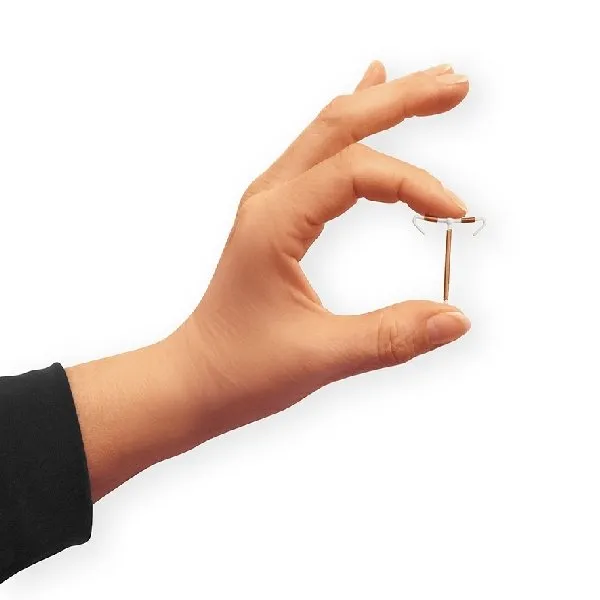Birth control pills are one of the hormonal methods used to prevent pregnancy. Approximately 12.6% of American women between the ages of 15 and 49 use birth control pills. Hormone levels are affected by birth control medications, which can have several side effects. These side effects often go away in two to three months, but they sometimes last longer.
It is normal to experience side effects after taking birth control pills, but these side effects differ for every individual. It is advisable to consult a medical practitioner about trying a different method of birth control if the side effects or your current pills persist for a long time.
Are you looking for a reliable birth control method that prevents unwanted pregnancies without affecting your menstrual cycle? Or perhaps you don’t react well to hormonal birth control pills? Here is a reliable solution. Go to flexitiud.ca/effective-contraception to access the most effective birth control methods.
Let’s examine the common side effects of birth control pills:
1. Breast Softness
Taking birth control pills often makes the breasts feel sore, especially in the beginning. The hormones in the pill can cause the breasts to enlarge and also lead to breast softness.
You should consult a healthcare professional when experiencing breast discomfort or other breast changes, particularly a new breast lump.
2. Nausea
When taking birth control pills for the first time, some people suffer minor nausea; however, this reduces over time. The use of birth control pills shouldn’t leave people constantly ill. It is best to consult a healthcare professional if the nausea is severe or persists for several months.
3. Headaches And Migraines
Hormones found in birth control pills can either trigger headaches and migraines or make them more frequent. Migraines can be caused by changes in the female sex hormones (oestrogen and progesterone).
The dosage and type of medication can affect the symptoms. For instance, Low dose medications are less likely to result in this symptom according to research.
Over time, headache symptoms should get better. Anyone who takes birth control pills and then suddenly has headaches should visit a doctor.
4. Mood Swings
Since some people do suffer depression or other emotional changes while taking the tablet, it is advised that those who have a history of depression discuss this with their healthcare professional.
Talk to your doctor if you notice any changes in your mood while taking any birth control pill.
5. Reduced Libido
Some people’s libido or sex drive can be affected by birth control pills. This occurs as a result of hormonal changes. For instance, others may discover an increase in libido, by reducing PMS symptoms and erasing any worries they may have had about becoming pregnant.
6. Vaginal Discharge
Vaginal discharge may change when using birth control pills. This could be a change in the kind of discharge or a rise or fall in vaginal lubrication.
Using lubricant can help make sexual activity more comfortable if the pill causes vaginal dryness. A change in color or odor could indicate an infection, however, these changes are not severe.

